Marc Lynch charts the United States' disastrously failed approach to the post-Cold War Middle East.


Marc Lynch charts the United States' disastrously failed approach to the post-Cold War Middle East.

Celeste Arrington traces the emergence of legalistic governance in South Korea and Japan.

David Szakonyi and co-authors look at examples of when workplace mobilization undermines democracy.

In We Choose You, Julian J. Wamble investigates the sophisticated process of Black voter candidate selection.
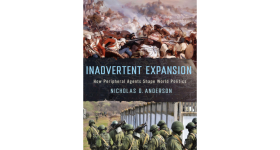
Nick Anderson investigates an overlooked phenomenon in great power politics: expansion that was neither intended nor initially authorized by state leaders.
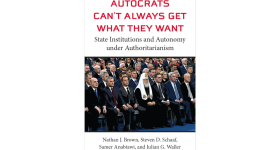
Autocrats Can't Always Get What They Want
Nathan Brown and co-authors argue authoritarian rule as a function of the interests or needs of the ruler or regime can be misleading.
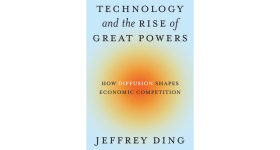
Technology and the Rise of Great Powers
Jeffrey Ding offers a different explanation of how technological revolutions affect competition among great powers.
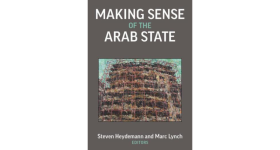
Making Sense of the Arab State
Marc Lynch explores the surprising strengths and weaknesses of the Arab state.
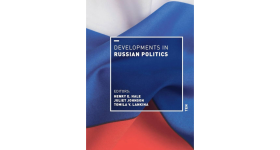
Developments in Russian Politics 10
Henry Hale offers critical discussion of contemporary Russian politics and its fundamental principles.
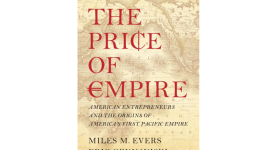
Eric Grynaviski shows how American entrepreneurs manipulated the United States into pursuing imperial projects in the Pacific.

Harris Mylonas and co-author provide a framework for how to conduct research into the various consequences of nationalism through time and across countries.
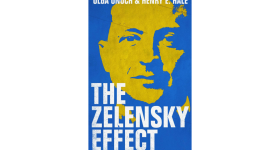

The False Promise of Superiority
In The False Promise of Superiority, James H. Lebovic argues that the US' nuclear approach in the Cold War was fraught with peril and remains so today.
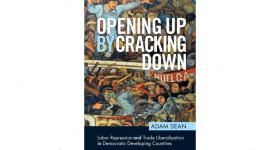
Adam Dean's Opening Up by Cracking Down explains how democratic developing countries used labor repression to overcome labor union opposition to free trade.
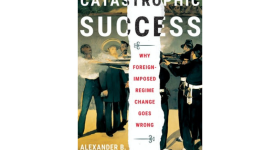
Alexander Downes book "Catastrophic Success" shows that regime change increases the likelihood of civil war and violent leader removal.

Promoting Justice Across Borders: The Ethics of Reform Intervention
Lucia Rafanelli, assistant professor of political science and international affairs, interrogates the nuanced ethics of reform intervention.
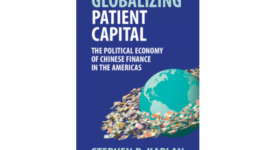
Stephen Kaplan, explores how China’s state-led capitalism affects national level governance.
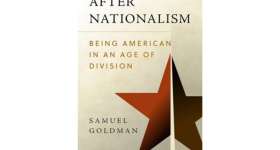
After Nationalism: Being American in an Age of Division
Samuel Goldman's book "After Nationalism: Being American in an Age of Division" highlights the contemporary challenges to any national level social cohesion.
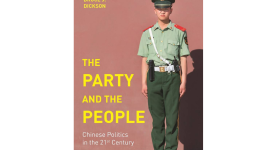
The Party and the People: Chinese Politics in the 21st Century
Bruce Dickson explores how the China's Communist party maintains control through both repressive tactics and surprising responsiveness to the public.

Rights Claiming in South Korea
Celeste Arrington edited this text which looks at the challenging process of obtaining rights protections in South Korea.
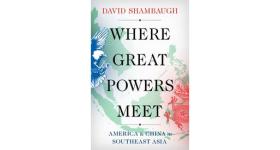
Where Great Powers Meet: America and China in Southeast Asia
David Shambaugh examines the competition between China and the United States, while also making predictions about their future relationship.

Humanitarianism and Human Rights: A World of Differences?
Michael Barnett's book "Humanitarianism and Human Rights: A World of Differences?" examines the relationship between human rights and humanitarianism.

How Insurgency Begins: Rebel Group Formation in Uganda and Beyond
Janet Lewis examines how rebel groups form through investigating how rumors circulating in places where rebel groups form influence perceptions.

Curbing the Court: Why the Public Constrains Judicial Independence
Brandon Bartels, professor of political science, and Christopher Johnston present a new theory of how citizens perceive the Supreme Court.

The Gender and Security Agenda: Strategies for the 21st Century
Michael E. Brown, professor of political science, looks at gender dynamics in relation to international and national security challenges.

Politics for Profit: Business, Elections, and Policymaking in Russia
David Szakonyi provides evidence that businessperson candidacy is a response to both weak political parties and economic competition.
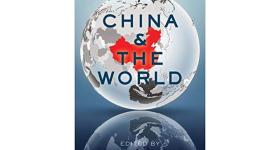
David Shambaugh explores China's contemporary roles in international affairs and foreign relations.
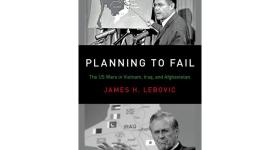
Planning to Fail: The U.S. Wars in Vietnam, Iraq and Afghanistan
James Lebovic examines the United States’ failed efforts to intervene in wars around the globe since World War II.

Of Privacy and Power: The Transatlantic Fight over Freedom and Security
Henry Farrell investigates how the United States and the European Union have navigated their differing approaches to freedom and security.

Developments in Russian Politics 9
Henry E. Hale, professor of political science and international affairs, contributes to a collection of essays from international experts on Russia.
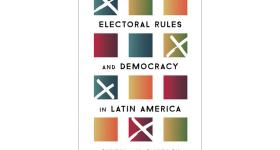
Electoral Rules and Democracy in Latin America
Cynthia McClintock provides a rigorous assessment of the implications of runoff rules in presidential elections throughout many Latin American nations.

God's Country: Christian Zionism in America
Samuel Goldman combines original research with insights religion historians to craft a provocative narrative that chronicles Americans' attachment to Israel.
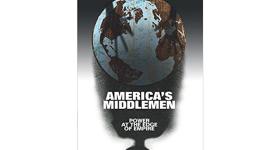
America's Middlemen: Power at the Edge of Empire
Eric Grynaviski examines how and why the U.S. government has formed alliances with militias tribes and rebels.
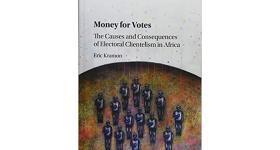
Money for Votes: The Causes and Consequences of Electoral Clientelism in Africa
Eric Kramon, assistant professor of political science and international affairs, looks at examples of politicians distributing money to voters during campaigns
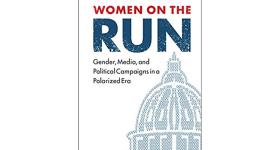
Women on the Run: Gender, Media, and Political Campaigns in a Polarized Era
Danny Hayes, associate professor of political science, co-authored this book which offers a unified argument for understanding gender in congressional elections

The New Arab Wars: Uprisings and Anarchy in the Middle East
Marc Lynch, professor of political science and international affairs, illuminates how the hope-filled Arab uprisings morphed into dictatorships and civil wars.

The Star and the Stripes: A History of the Foreign Policies of American Jews
Michael N. Barnett, professor of international affairs and political science, examines how American Jews envision their role in the world.

David Shambaugh examines whether China will implement a new wave of transformational reforms that could make it the world's leading superpower.

Accidental Activists: Victim Movements and Government Accountability in Japan and South Korea
Celeste L. Arrington examines the politics of redress to understand why victims of government wrongdoing are not equally effective at obtaining redress.

Urban Neighborhoods in a New Era: Revitalization Politics in the Postindustrial City
Robert P. Stoker, professor of political science, co-edited this collection of studies by distinguished political scientists and urban planning scholars.

Eric Grynaviski argues that when nations mistakenly believe they share a mutual understanding, international cooperation is more likely and more productive.

Orgies of Feeling: Melodrama and the Politics of Freedom
Elisabeth Anker argues that American politics is often influenced by melodrama narratives from cinema and literature.
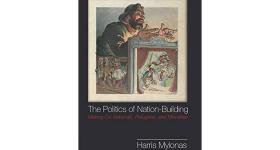
The Politics of Nation-Building: Making Co-Nationals, Refugees, and Minorities
Professor of Political Science and International Affairs Harris Mylonas explores the factors that drive states to assimilate, accommodate, or exclude groups.
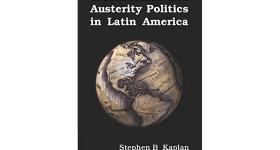
Globalization and Austerity Politics in Latin America
Stephen Kaplan explores whether markets and democracy are compatible with a focus on the developing nations in Latin America.
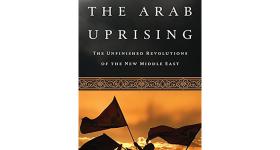
Marc Lynch highlights the new fault lines forming between forces of revolution and counter-revolution, and how it can affect American policy.

When Victory Is Not an Option: Islamist Movements in Arab Politics
Throughout the Arab community, Islamic political movements are becoming a part of the electoral process, evoking both enthusiastic and alarmed reactions.
